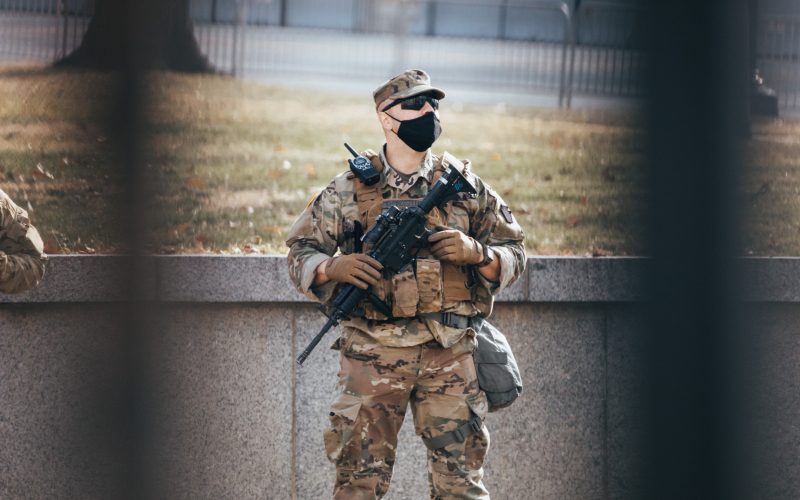Introduction
Humanitarian crises are events that threaten the well-being and survival of large groups of people. These crises can be caused by natural disasters, armed conflicts, or other emergencies that disrupt the normal functioning of society. In such situations, the role of government intervention is crucial in providing aid and support to affected populations. This article will explore the importance of government intervention in navigating humanitarian crises.
The Importance of Government Intervention
During humanitarian crises, the government plays a critical role in providing aid and support to affected populations. This can include providing food, shelter, medical care, and other essential services. The government can also coordinate with other organizations, such as non-governmental organizations (NGOs) and international aid agencies, to ensure that aid is distributed effectively and efficiently.
In addition to providing aid, the government can also play a role in preventing and mitigating the effects of humanitarian crises. For example, the government can invest in disaster preparedness and response measures, such as early warning systems and emergency response teams. This can help to minimize the impact of disasters and reduce the number of people affected.
Challenges in Government Intervention
Despite the importance of government intervention in humanitarian crises, there are several challenges that can hinder effective intervention. One of the main challenges is the lack of resources and funding. Many governments, particularly those in developing countries, may not have the financial resources or infrastructure to provide adequate support during crises.
Another challenge is political instability and conflict. In some cases, governments may be unable or unwilling to provide aid due to political instability or conflict. This can make it difficult for aid organizations to operate effectively and can exacerbate the effects of the crisis.
Finally, there may be logistical challenges in delivering aid to affected populations. This can include issues such as transportation, communication, and security. These challenges can make it difficult for aid organizations to reach those in need and can delay the delivery of essential services.
Conclusion
In conclusion, government intervention is crucial in navigating humanitarian crises. The government plays a critical role in providing aid and support to affected populations, as well as in preventing and mitigating the effects of crises. However, there are several challenges that can hinder effective intervention, including a lack of resources and funding, political instability and conflict, and logistical challenges. Despite these challenges, it is important for governments to prioritize humanitarian aid and to work with other organizations to ensure that aid is distributed effectively and efficiently.












